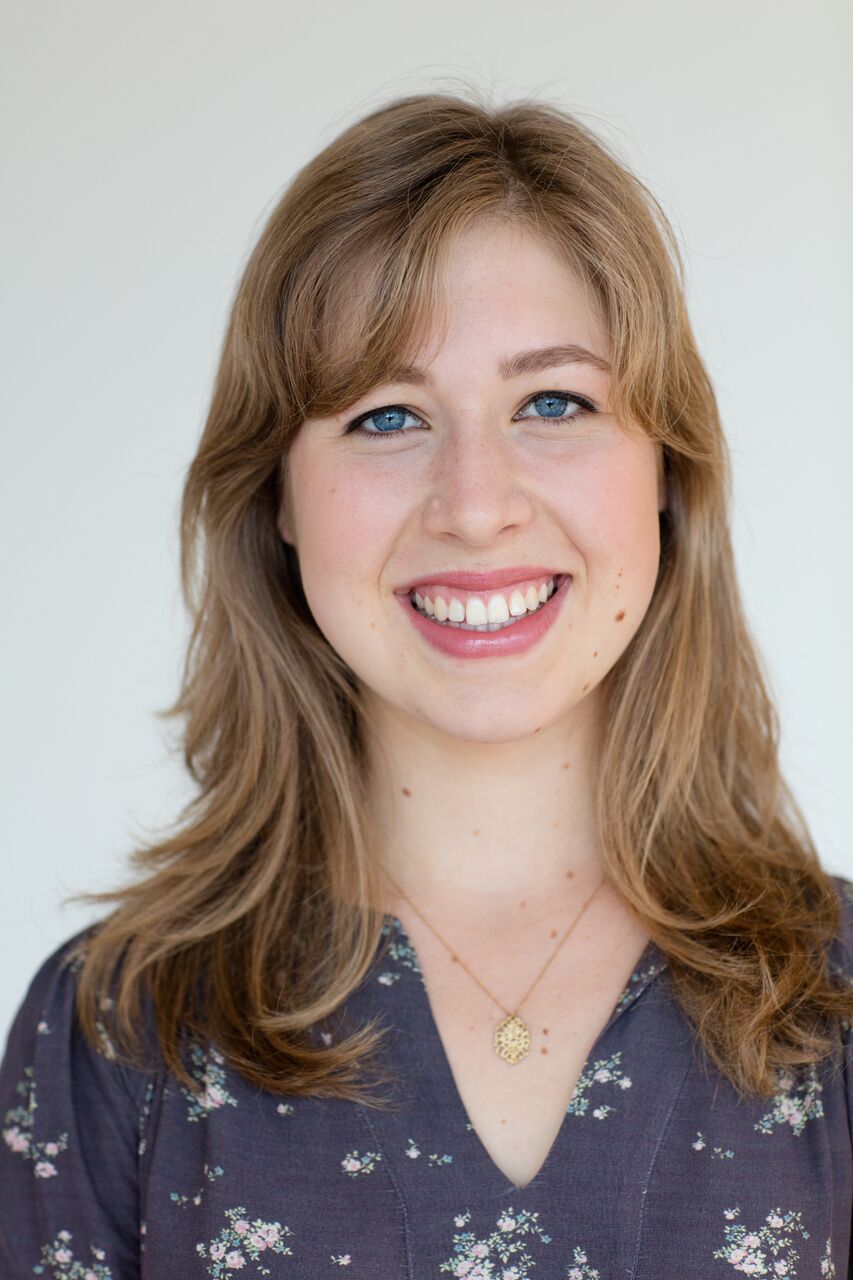Rive Cadwallader is a senior majoring in Classical Studies and Health and Societies, with a concentration in the History of Medicine. A lifelong Philadelphian, Rive has a deep interest in the city's medical history, as well as its present and future as a healthy and vibrant urban space. Her senior thesis will explore how medicine in late eighteenth and early nineteenth century Philadelphia was a part of the neoclassical movement, which at that time defined architecture and politics on a national scale. Rive enjoys her work-study position at the Kislak Center for Special Collections, Rare Books and Manuscripts, where she catalogs and writes about modern manuscript collections. Rive is a recipient of the Mayor's Scholarship and the board president of the Mayor's Scholars Program, which seeks to foster community and civic-mindedness among Penn students from Philadelphia.
Rive Cadwallader
Wolf Humanities Center Undergraduate Fellow
2017—2018 Forum on Afterlives
Rive Cadwallader
Health and Societies, Classical Studies
Medicine in the "Athens of America": Physicians and the Neoclassical Movement in Late Eighteenth Century Philadelphia
In the post-Revolutionary period, the United States bloomed with an interest in the classical world, as the nation collectively sought to define its sovereign identity against the models of ancient democracies and republics. Not only in politics and the arts, but also in the realm of medicine, individuals employed classical thought to suggest that the ancient, exalted civilizations of Greece and Rome had been reborn in North America. Physicians in late eighteenth century Philadelphia used ancient medical theory -namely Hippocratic notions of environmental health, the writings of Galen on regimen, and Thucydides' description of social disintegration during the Athenian Plague- to understand and interpret the population health problems of their day. By creating a strong analogy within the professional medical literature between the United States and the ancient Mediterranean, and especially between Philadelphia and Athens, late eighteenth century American physicians helped to construct a neoclassical conceptualization of the national identity.



